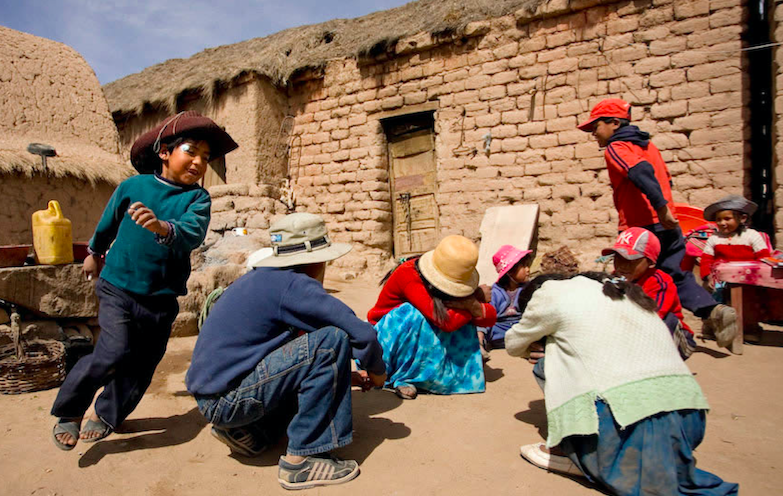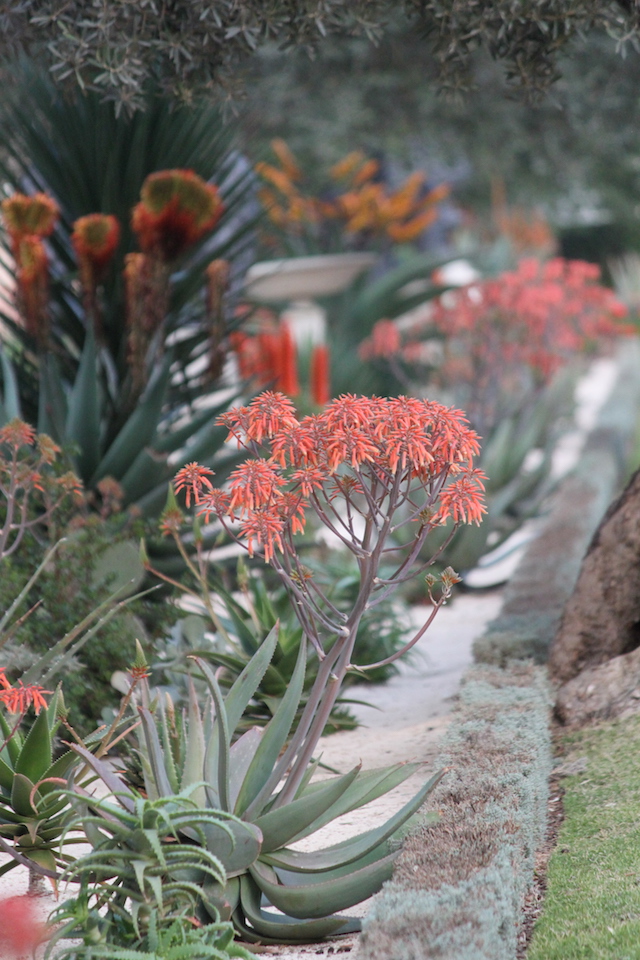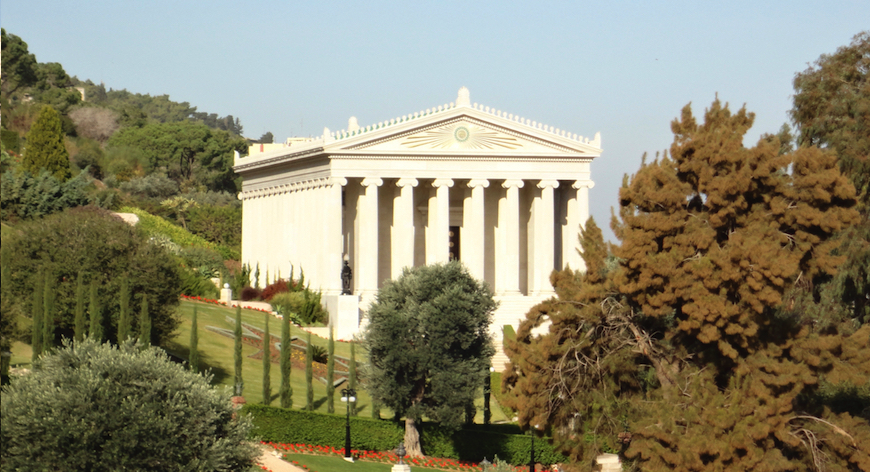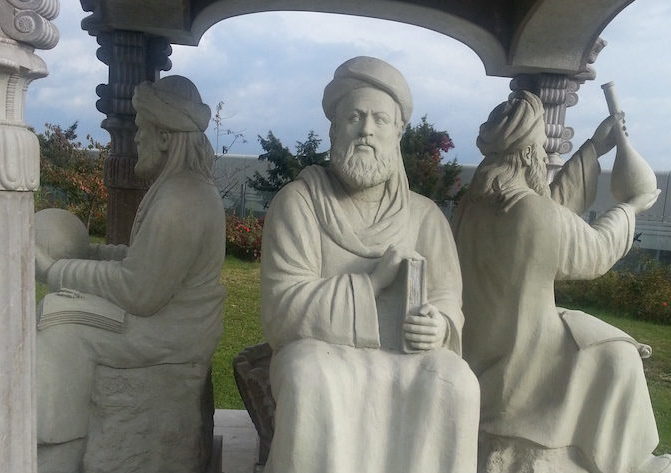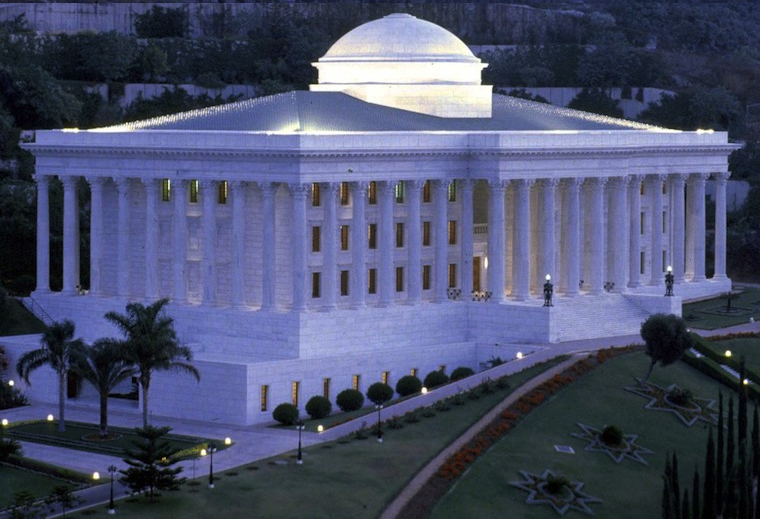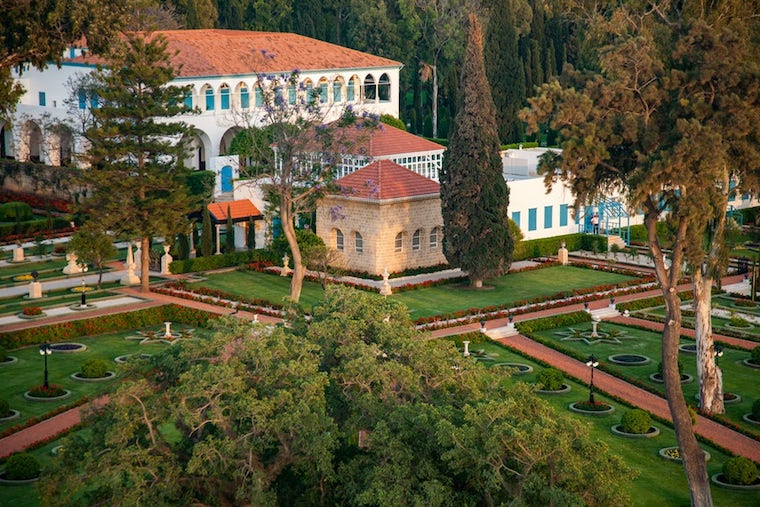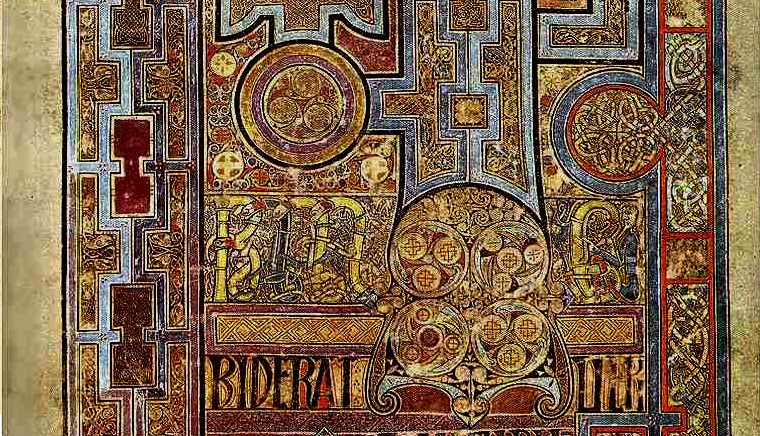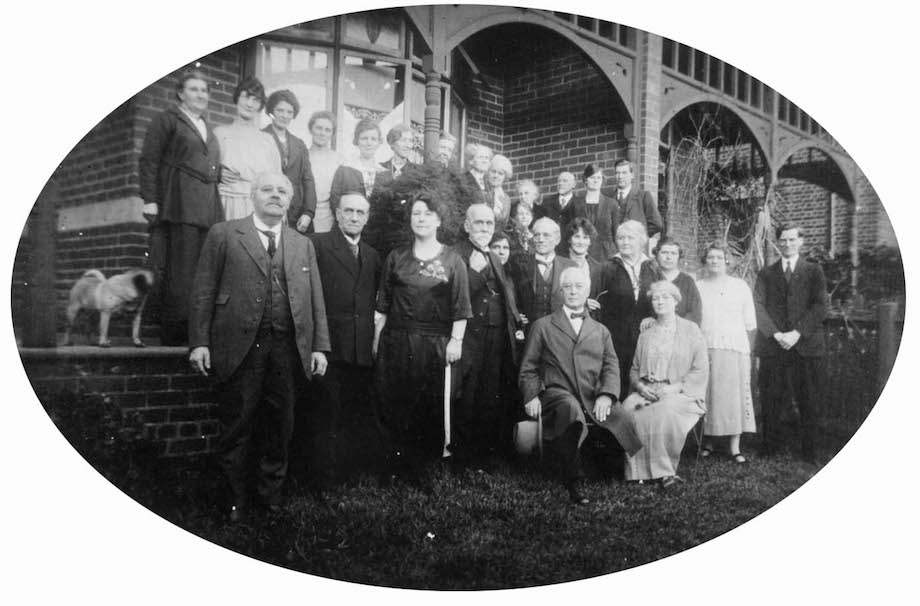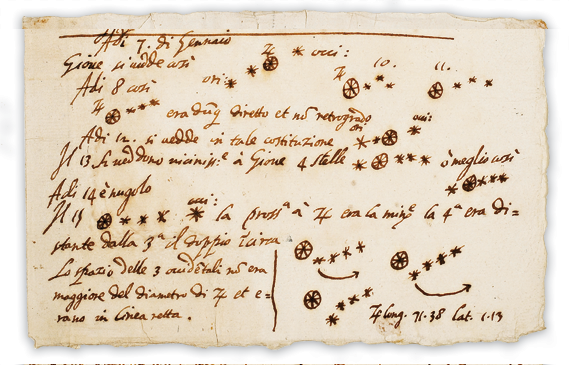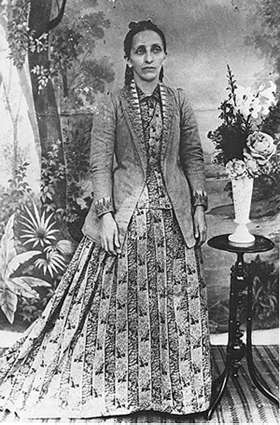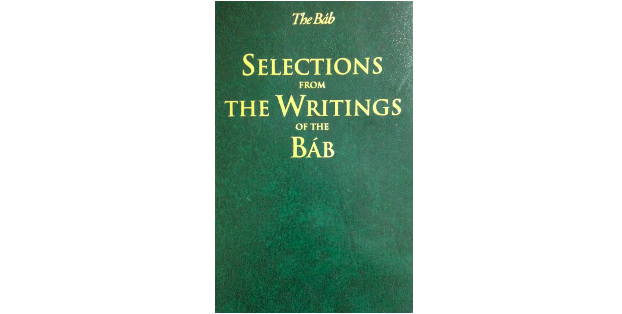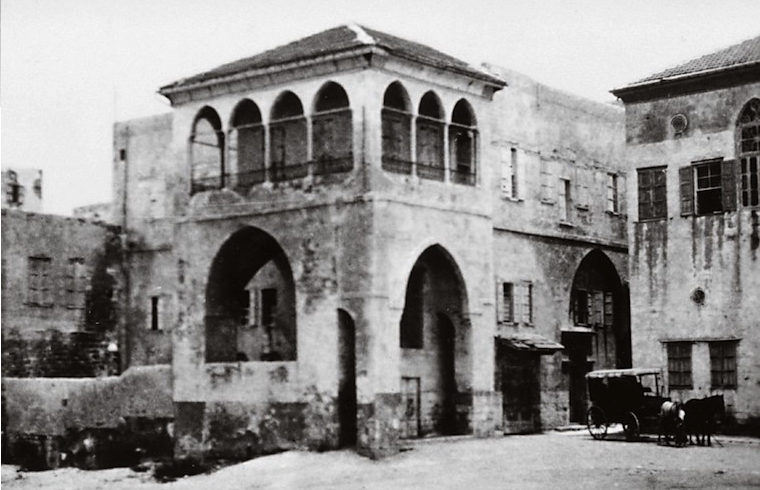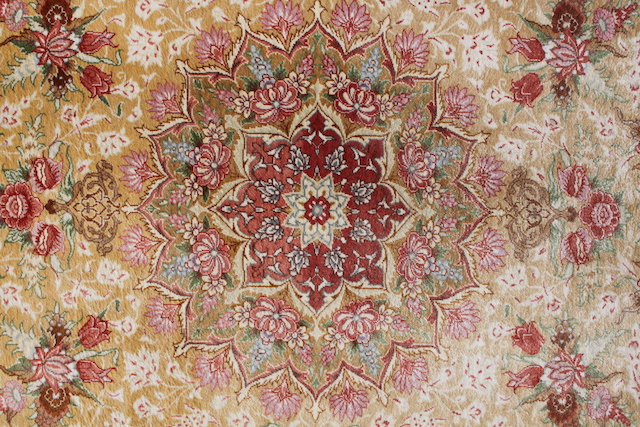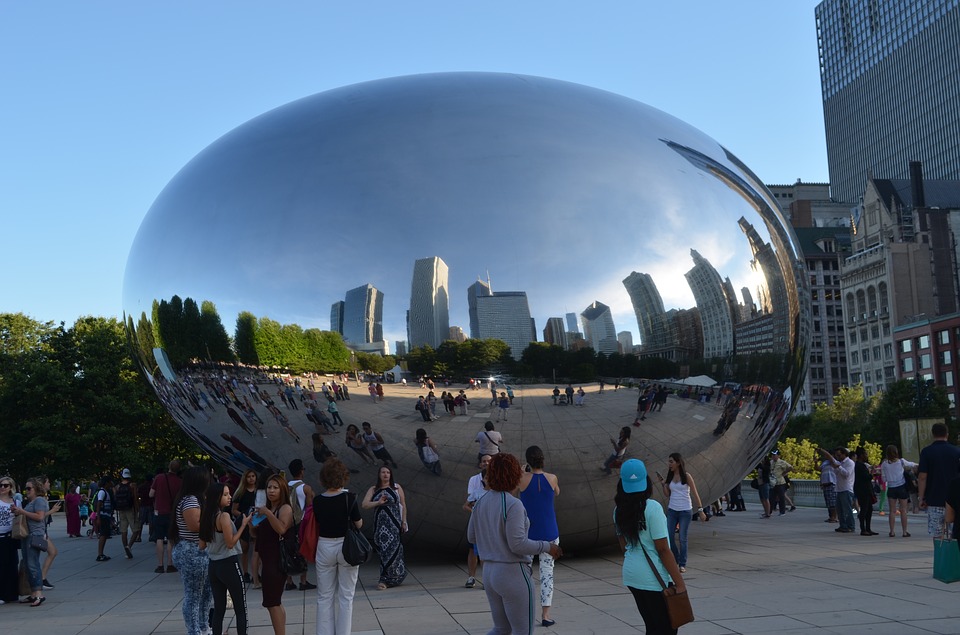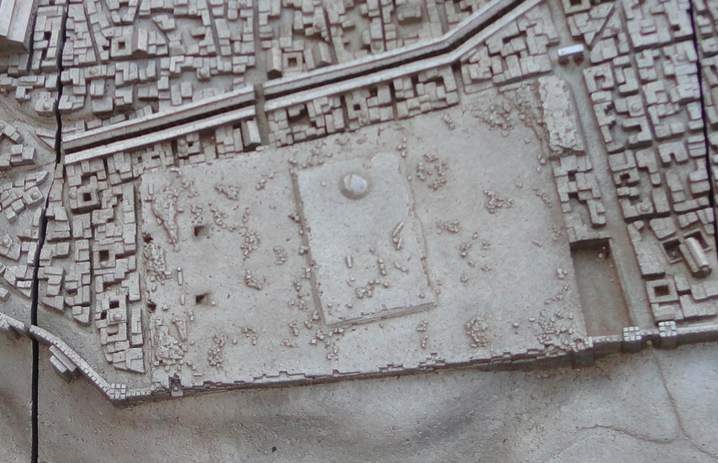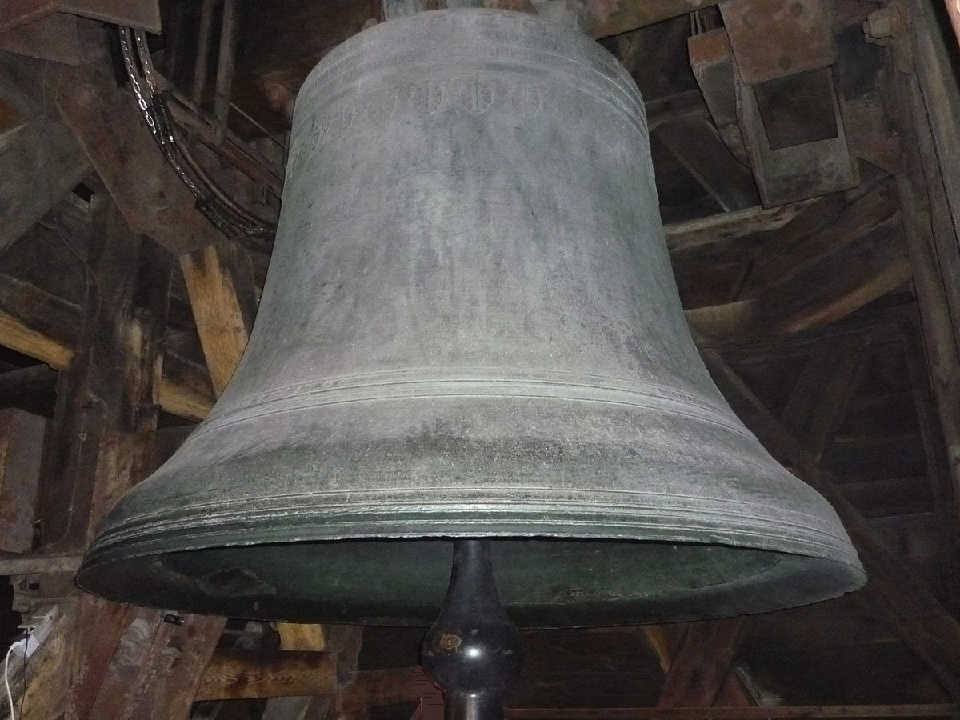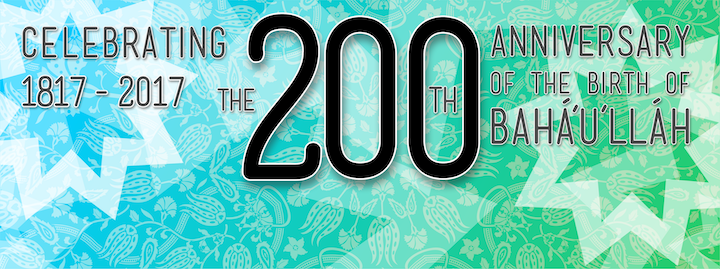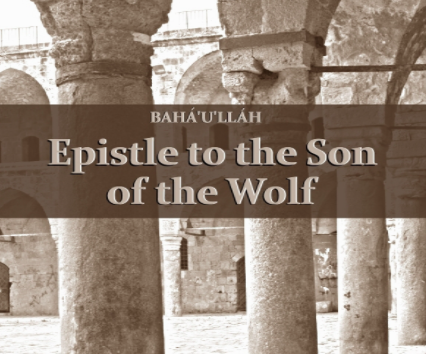Bahaullah's Writings
-
Tablet of Wisdom: dimensions of a life of wisdom
In the Tablet of Wisdom we have already seen an exploration of the harmony of science and religion. This article seeks to explore some of the ways we might understand “wisdom” from the discourse that Bahá’u’lláh unfolds in this work. Initially we may observe that part of wisdom is to appreciate that there is more to reality that the purely material world. When the eyes of the people of the East were captivated by the arts and wonders of the West, they roved distraught in the wilderness of material causes, oblivious of the One Who is the Causer of Causes, and the Sustainer thereof, while such men as were the source and the wellspring of…
-
The Prophet and the Philosophers
Bahá’u’lláh does an unusual (perhaps unique) thing for a prophet – he writes about philosophers and philosophy. There may be a precedent somewhere in human history, but if so, I haven’t yet been able to discover it. In fairness though, this has not prevented the flourishing of philosophy and science in the past. For example, despite parochial assumptions sometimes entertained in western thought that science and philosophy entered a “dark age” after the fall of the western Roman Empire, in fact, science and philosophy flourished for over a millennium in the Islamic world, before influencing the renaissance of Europe. And this is to say nothing of the rest of the…
-
The Universal House of Justice and an ever changing world
The writings of Bahá’u’lláh are a very considerable religious corpus. Yet within those writings Bahá’u’lláh provides for the guidance and unfoldment of the Baha’i community over the centuries that would follow his passing. Thus in the Kitab-i-Aqdas, his book of laws, he writes: Let not your hearts be perturbed, O people, when the glory of My Presence is withdrawn, and the ocean of My utterance is stilled. In My presence amongst you there is a wisdom, and in My absence there is yet another, inscrutable to all but God, the Incomparable, the All-Knowing. Verily, We behold you from Our realm of glory, and will aid whosoever will arise for the triumph of Our Cause with the hosts of the…
-
The Word of God
Words are in some sense like seeds. They germinate as thoughts in the minds of readers or hearers. The exact form that the thought takes in the world of individual imagination differs depending on the soil of that heart and mind. As we have seen words also have power – to heal or harm – and care is thus required in their use. Thus Bahá’u’lláh states: One word is like unto springtime causing the tender saplings of the rose-garden of knowledge to become verdant and flourishing, while another word is even as a deadly poison. It behooveth a prudent man of wisdom to speak with utmost leniency and forbearance so…
-
The Kitab-i-Aqdas: A New Paradigm
The term “paradigm” is used in a way now familiar in everyday speech – such as in the phrase “a new paradigm” or “paradigm shift”. But this kind of usage has a particular and recent origin. It comes from a philosopher of science whose name was Thomas Kuhn. In the late 20th century, this philosopher undertook a systematic study of the history of science and it how progresses. What he persuasively showed was that science from time to time undergoes “scientific revolutions” — it enters a new paradigm or undergoes a paradigm shift. Such revolutions arise when an existing scientific paradigm encounters more and more unanswered questions that it is…
-
The Kitab-i-Aqdas: A Spiritual Life
In previous articles, we have considered what we mean by law, and we have looked at the process of law reform in the context of Bahá’u’lláh’s mission. When Bahá’u’lláh and his family and followers were initially brought to Akka they had been confined in the citadel of Akka. After two years and two months and 5 days, the citadel being needed to house soldiers, Bahá’u’lláh and his followers were moved elsewhere in the city. After several more moves, Bahá’u’lláh and his family were housed in the House of Udi Khammar. The Kitab-i-Aqdas was written in the House of Udi Khammar in 1873. Although much of the Kitab-i-Aqdas is concerned with…
-
Bahá’u’lláh as Law Reformer
Bahá’u’lláh’s teachings, like the teachings of all prophets, arise in a particular time and place in history. The language used is conditioned by the language which that time and place can hear. Jesus is believed to have spoken Aramaic (a common language of his time and place). His teachings speak to the realities of the people around him – whose daily lives were mediated through Judaic custom, law and teachings. Jesus necessarily spoke in a language connected with those realities — for otherwise it would have been impossible for the people to understand him at all. Nevertheless, we see that although the symbols used are particular to time and place —…
-
Bahá’u’lláh’s Second Letter to Napoleon III: A New Way of Life
Bahá’u’lláh’s second letter announcing to Napoleon III his mission, is multilayered. It was written not long after Bahá’u’lláh arrived in the prison city of Akka. As we read it, it is easy to forget that these are the words of a persecuted prisoner of an absolute monarch. He Who is the Unconstrained is come, in the clouds of light, that He may quicken the world with the breezes of His name, the Most Merciful, and unite its peoples, and gather all men around this Table which hath been sent down from heaven.[1] The tragedy was that the Emperor could not hear and his fate hung by a thread. He had…

